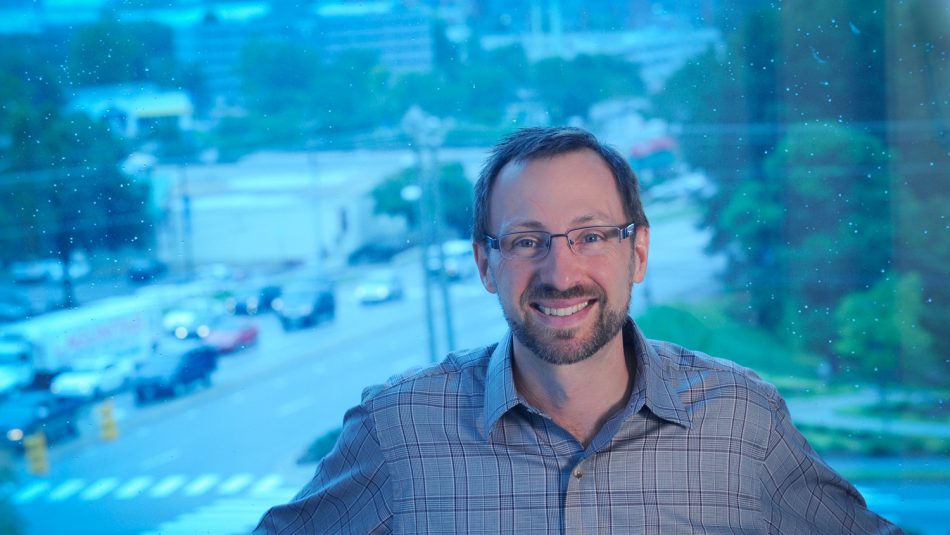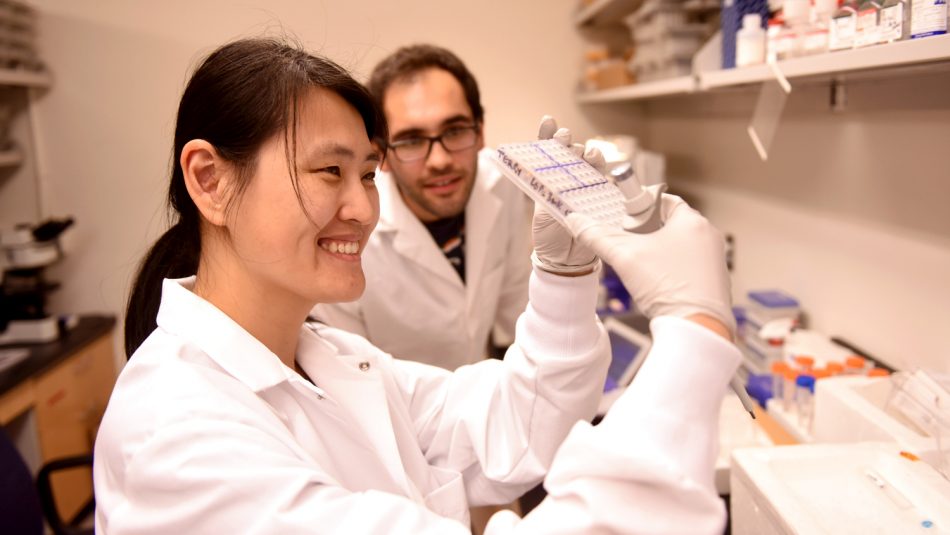Genetic Engineering and Society Jason Delborne
Professor, Forestry and Environmental Resources

Contact Information
Jason A. Delborne joined North Carolina State University in August 2013, and is a professor of science, policy and society in the Chancellor’s Faculty Excellence Program cluster in Genetic Engineering and Society (GES). His departmental home is in the Department Forestry and Environmental Resources in the College of Natural Resources. He serves on the executive committee of the Genetic Engineering and Society Center, and was named a University Faculty Scholar in 2019. Delborne’s research focuses on challenges and potentials of public and stakeholder engagement surrounding emerging biotechnologies. Drawing upon the highly interdisciplinary field of Science, Technology, and Society (STS), he engages various qualitative research methodologies to ask questions about how policymakers and members of the public interface with controversial science. How we govern, promote, and develop emerging technologies will shape our collective future, and Delborne will contribute to the highly interdisciplinary efforts within GES that engage stakeholders and broader publics to wrestle with such questions. As one example, he is co-PI on the National Research Traineeship, Agricultural Biotechnology in our evolving Food, Energy, and Water Systems (AgBioFEWS), funded by the National Science Foundation.
Delborne served on two expert committees at the National Academies of Sciences, Engineering, and Medicine (NASEM), co-authoring Gene Drives on the Horizon: Advancing Science, Navigating Uncertainty, and Aligning Research with Public Values (2016) and Forest Health and Biotechnology: Possibilities and Considerations (2019). He was also appointed to the International Union for Conservation of Nature (IUCN) Task Force on Synthetic Biology and Biodiversity Conservation, which published Genetic Frontiers for Conservation: An assessment of synthetic biology and biodiversity conservation (2019). Delborne is a member of the Council for the Engineering Biology Research Consortium (EBRC) and serves on multiple advisory boards. He holds a bachelor’s degree in human biology from Stanford University (1993) and a doctorate in environmental science, policy and management from the University of California, Berkeley (2005).
